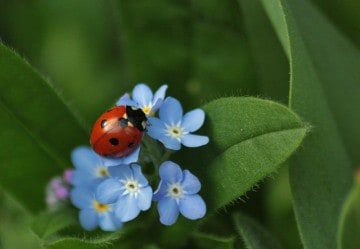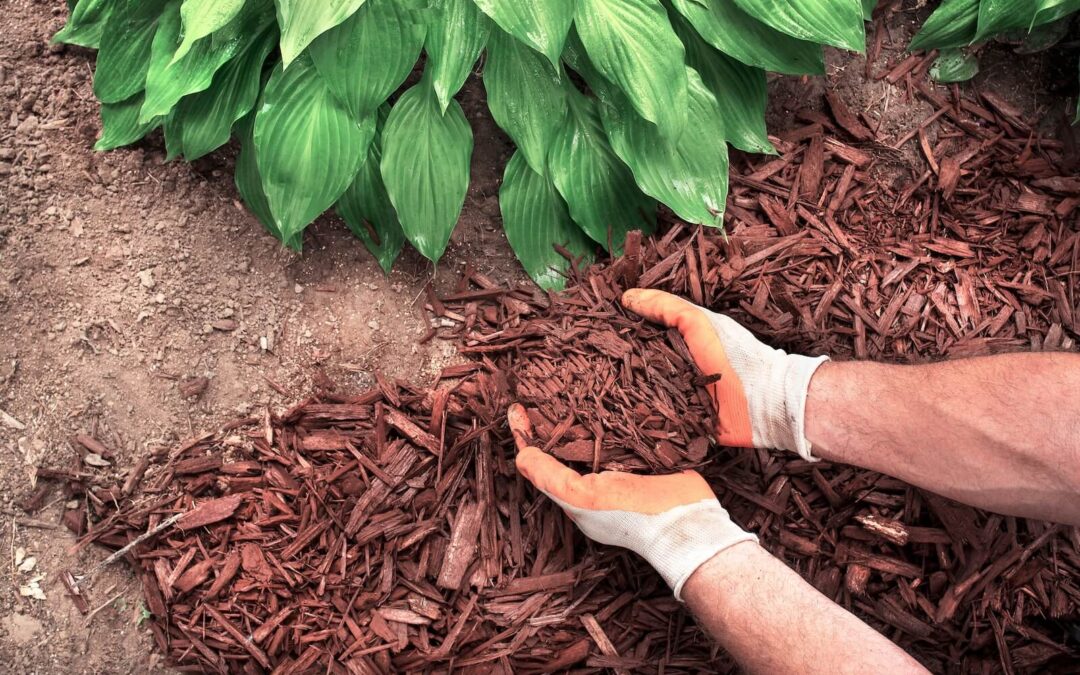A new movement in pest control is eliminating the need for pesticides and insecticides. Integrated Pest Management is a method of preventing pests through planning, maintaining, and employing only natural or low-toxicity controls. Instead of chemical-ridden products, this pest management system yields healthy plants without compromising human, animal, and environmental health and safety.
Blanket applications of pesticides and insecticides may be a quick-fix when it comes to killing and warding off bugs, but they are also the cause of some disturbing side effects. The toxic chemicals found in these one-dimensional, broad-spectrum solutions contaminate the environment, build up pest resistance, and destroy beneficial pests.
Integrated Pest Management involves heedful planning, smart garden design, and proper maintenance. Gardeners that adopt these effective and comprehensive techniques from the beginning can enjoy lush, beautiful gardens that are working with the environment instead of against it.
- IPM begins with choosing plants that are pest-resistant and that are best-suited for the region and climate.
- Position plants to give them the pest opportunity to thrive. This means thinking about the exact conditions they need and the location in the garden that can provide them.
- Phase two of IPM involves caring for plants carefully by weeding, pruning, and ensuring the right amounts of sun, water, and fertilizer. The healthier the plant, the less susceptible to pests and infectious diseases.
- Learn your insects. Know which types are destructive and which feed on harmful insects for natural pest management. If you spot intruders, try picking them off plants by hand first and pruning any damaged areas.
- If you need more natural enemies such as mantids and ladybugs, purchase and release them in the garden.
- Provide habitats for these beneficial insects and encourage their re-breeding by incorporating a variety of flowering plants.
- If pest problems still arise, consider spot-treating with natural pesticides such as soaps or oils that are known to treat the particular pest identified to be an issue. Be sure to read all labels and understand what plants can tolerate what natural insecticides.
Contact Lifescape in Colorado to discuss an IPM system will ensure a gorgeous and prosperous landscape.





